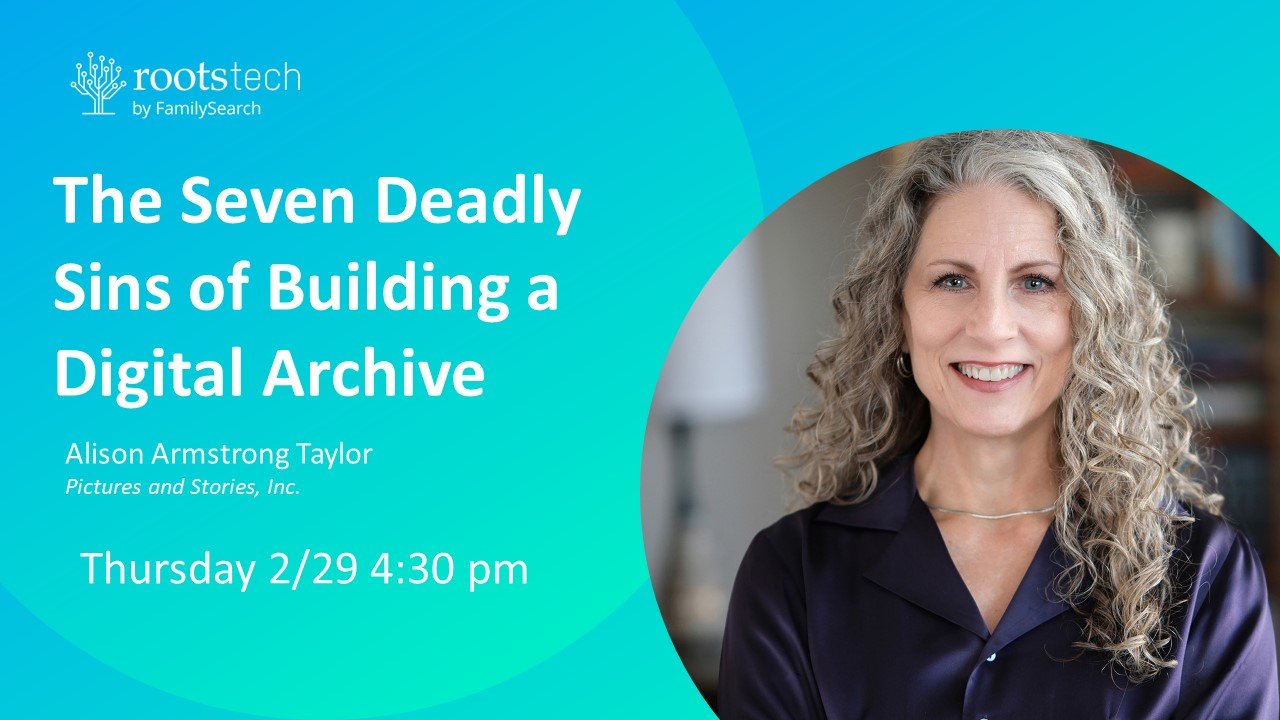Honesty vs. accuracy
There is a difference between being honest, or truthful, and being accurate.
Accuracy alone, while important in certain essential facts like birthdates and college degrees, can be the kiss of death in a memoir.
Why? Because you are a human being, not a recording machine. You have a soul that interprets events, molding them into your own personal truth that is expressed in a way only you can express it. That subjectivity is what makes a memoir interesting. You are showing your reader what it feels like to be you.
Many writers (especially male writers, I've noticed) get hung up on accuracy at the expense of the story. They are careful to only include what can be proven by facts, to state the course of an event "just as it really happened." This careful attention to literal truth, as opposed to personal truth, usually results in a story that includes too many of the wrong kind of details, and skips over anything "personal" (i.e. emotional, instructional, inspiring, or interesting.) It becomes merely a list of "this happened, and then we went here, and it cost this much." Accurate, perhaps, but no page-turner, this.
Personal truth or a whitewash?
What's your motivation? Honestly examine your purpose in writing your story. Ask yourself: am I trying to justify my actions? Make myself or my family look better? Shifting blame to someone else?
Many writers that we've worked with have a tendency to want to leave out difficult issues, challenges, or dark periods of their lives. Their motives are usually benign: they are honestly concerned about being "whiny" or too depressing. But with these good intentions they are robbing their readers of the chance to be inspired by how they were able to cope with or overcome a challenge. The hard stuff is what makes good drama. How did this experience change you? What did you learn?
In a conversation I had with her about this issue of dealing with the "dark matter" of our lives, my stepmom Cec put it perfectly: "Is my telling this going to benefit anyone else? If not, I'll leave it out." Bingo.
A client recently gave us an account of an ill-considered decision she made as a youth which put her life in danger. She wondered if she should tell the story. Was it too lurid, too dark? I pointed out that if she had a great-grandchild who read the story, and it kept that girl from making the same bad decision, it could conceivably save her life.
It's your story
This is your story, not your sister's, or your mother's. Your story is what you remember and your interpretation of it. Your reality is just that--your version of reality. Remember that it's your interpretation of events that is ultimately of more value than the events themselves. Don't let anyone dictate to you how your story should be told. If your sister takes issue with the way you tell about your shared childhood, she can write her own version of events. But she needs to leave yours alone.
Let's say that you once narrowly missed being hit by a bus as you began to cross a busy street. Just as you were to step off the curb, you suddenly heard your name being called, stopping you in your tracks. Turning around, you saw no familiar face. The bus barreled by as you, frozen with horror, realized what would have happened had you crossed the street at that moment.
Who you are determines how you will explain this series of events. Do you explain the voice calling your name as coincidence, and resolve to be more careful in watching where you are going? Do you view it as miraculous, an unseen angel keeping you from death, and you resolve to be a better person from that moment on? The facts are the same, but how you tell the story IS the story. Your story.
Don't lie about what really matters
The best authors often change unimportant details to make a story more interesting. Did you learn some important lessons from teachers in grade school, but stretching out the details to include several years and different teachers' names makes the story flow awkwardly? Then you may want to create a composite character, one teacher, "we'll call her Mrs. Jones," who taught you these important lessons in the course of a year. The truth of the story remains intact; the details aren't as important. (You may want to disclose this in your introduction, or include a disclaimer of some kind that lets the reader know that you have changed names or details.)
But make sure that whatever you change leaves the emotional truth intact. Don't draw yourself as the playground hero if you were the instigator, or take the blame for what someone else did.
Memory is not reliable
The best any of us can hope for in writing our life stories, especially when we are writing about things that occurred many years ago, is to say that they are "based on actual events." Memory is a slippery devil, and that's just the way it is. What we remember, and forget, about events says more about us than the events themselves. If we accept the fact that what we remember may not be factually accurate, but has become our own personal truth, then we are released from the responsibility of writing History-with-a-capital-H.
And we are then free to just write the truth as we see it.



